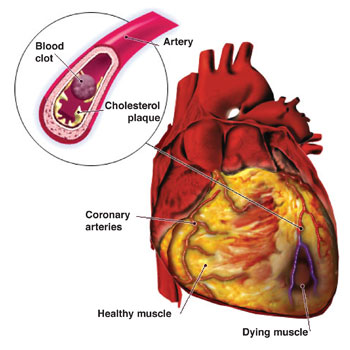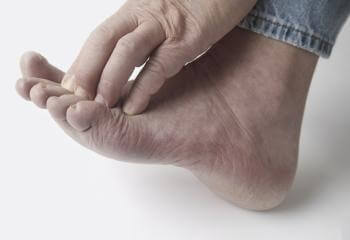People with diabetes have an increased risk of developing a number of serious health problems. Consistently high blood glucose levels can lead to serious diseases affecting the heart and blood vessels, eyes, kidneys, nerves and teeth. In addition, people with diabetes also have a higher risk of developing infections.
Maintaining blood glucose levels, blood pressure, and cholesterol at or close to normal can help delay or prevent diabetes complications. Therefore, people with diabetes need regular monitoring.
It affects the heart and blood vessels and may cause fatal complications such as coronary artery disease (leading to heart attack) and stroke. Cardiovascular disease is the most common cause of death in people with diabetes. High blood pressure, high cholesterol, high blood glucose and other risk factors contribute to increasing the risk of cardiovascular complications.

The kidneys contain millions of tiny blood vessel clusters (glomeruli) that filter waste from your blood. Diabetes can damage this delicate filtering system. Kidney disease is much more common in people with diabetes than in those without diabetes. Maintaining near normal levels of blood glucose and blood pressure can greatly reduce the risk of kidney disease.

Diabetes can cause damage to the nerves throughout the body when blood glucose and blood pressure are too high. This can lead to problems with digestion, erectile dysfunction, and many other functions. Among the most commonly affected areas are the extremities, in particular the feet. Nerve damage in these areas is called peripheral neuropathy, and can lead to pain, tingling, and loss of feeling. Loss of feeling is particularly important because it can allow injuries to go unnoticed, leading to serious infections and possible amputations. People with diabetes carry a risk of amputation that may be more than 25 times greater than that of people without diabetes. However, with comprehensive management, a large proportion of amputations related to diabetes can be prevented. Even when amputation takes place, the remaining leg and the person’s life can be saved by good follow-up care from a multidisciplinary foot team. People with diabetes should regularly examine their feet.

Most people with diabetes will develop some form of eye disease (retinopathy) causing reduced vision or blindness. Consistently high levels of blood glucose, together with high blood pressure and high cholesterol, are the main causes of retinopathy. It can be managed through regular eye checks and keeping glucose and lipid levels at or close to normal.

Women with any type of diabetes during pregnancy risk a number of complications if they do not carefully monitor and manage their condition. To prevent possible organ damage to the fetus, women with type 1 diabetes or type 2 diabetes should achieve target glucose levels before conception. All women with diabetes during pregnancy, type 1, type 2 or gestational should strive for target blood glucose levels throughout to minimize complications. High blood glucose during pregnancy can lead to the foetus putting on excess weight. This can lead to problems in delivery, trauma to the child and mother, and a sudden drop in blood glucose for the child after birth. Children who are exposed for a long time to high blood glucose in the womb are at higher risk of developing diabetes in the future.

If diabetes damages your feet’s nerves, numbness can make you less likely to notice an injury or infection. Your condition can also make it harder for blood to flow in that area. Together, these problems can eventually cause so much harm that your toes or feet need to be amputated. Quit smoking and get exercise to make these problems less likely. Also, check your feet daily, keep them clean and moisturized, and wear shoes that fit well.

Many of these changes are due to infections, which diabetes makes more likely. Your skin may become itchy, it may feel thinner or thicker, or you may notice scaly or discolored patches. Circulation and nerve problems caused by diabetes can also affect your skin. It helps to stay at a healthy weight and keep your blood sugar under control. If you get sores or blisters due to an infection, your doctor may prescribe antibiotics, creams, or other medicine.

Hearing problems are more common in people with diabetes.
Type 2 diabetes may increase the risk of Alzheimer's disease. The poorer your blood sugar control, the greater the risk appears to be. Although there are theories as to how these disorders might be connected, none has yet been proved.

Diabetes makes you more likely to get infections more often and to have complications. People with the disease face higher risks of getting gum disease, respiratory infections, the flu, pneumonia, urinary tract infections, yeast infections, and more. Make sure you stay up to date on vaccines, including immunizations for the flu and pneumonia.
